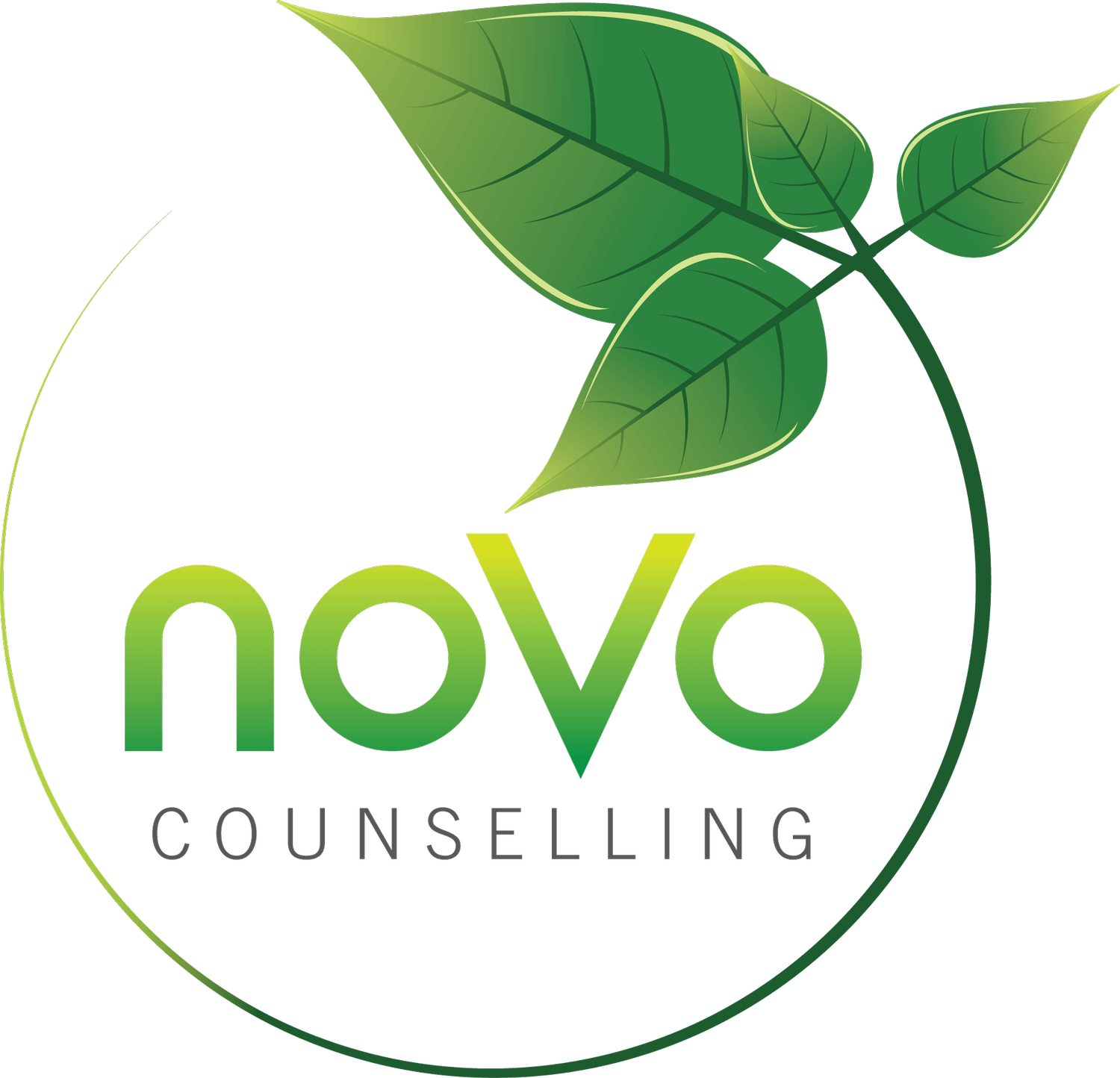5 Myths About Conflict Holding You Back
Let's be honest for a moment. Who loves conflict? If you answered YES, you would be amongst the rare few who do. If NO was your response, welcome to the world where, in my experience, the majority of the population sit. Conflict is a ‘dirty word’ and to be avoided at all costs by so many. But why?
There's no denying that conflict can be uncomfortable, especially for us as women juggling multiple roles at work, home, and beyond. Many of us have been conditioned from a young age to believe that conflict is something to avoid. However, it is possible for conflict to be healthy, and it's essential for both personal and relational growth. It can serve as a catalyst for understanding, connection, and even deeper trust when navigated effectively.
Yet, there are numerous common myths about conflict that often hold us back from expressing our needs and standing up for ourselves. Let’s explore a few of these myths, particularly how they affect working mums, and briefly discuss how its possible to overcome them.
Myth 1: "Conflict Is Always Negative"
Many people see conflict as inherently destructive, leading to fear and avoidance. The belief that conflict is bad often causes us to stay away from difficult conversations, which only delays resolution and intensifies tensions.
Reframe: Conflict doesn’t have to be negative. When approached constructively, it can be a powerful tool for understanding each other’s perspectives and fostering growth.
Solution: Try to view conflict as an opportunity to strengthen relationships and clarify needs. Practice approaching disagreements with curiosity rather than fear, asking open-ended questions to gain insight into the other person's point of view.
Myth 2: "Healthy Relationships Don’t Have Conflict"
I've heard it said that strong relationships should be conflict-free. The reality is, even the healthiest relationships will experience disagreements. The presence of conflict doesn’t mean something is wrong—it means both people are bringing their unique experiences and perspectives to the table.
Reframe: Disagreements are a natural part of any relationship. They signal that each person has a voice, which is essential for genuine connection.
Solution: Handle disagreements with respect by practicing active listening and empathy. Instead of focusing on being right, focus on understanding the other person's perspective. This can lead to more meaningful conversations and stronger bonds.
Myth 3: "Expressing My Needs Will Lead to More Tension"
Many working mums feel that voicing their needs will only add stress to an already busy household or workplace. This belief can lead to suppressing needs, which often results in resentment and burnout.
Reframe: Suppressing your needs may keep the peace temporarily but often leads to bigger issues down the track. Honest communication can prevent misunderstandings and enhance mutual respect.
Solution: Use “I” statements to express your needs calmly and clearly. For example, “I feel overwhelmed and could use some help with the kids this evening.” This reduces defensiveness and opens the door for constructive communication.
Myth 4: "Avoiding Conflict Means Keeping the Peace"
It’s tempting to believe that avoiding conflict will keep things calm, especially when balancing work, family, and personal life. However, unresolved issues tend to fester when left uncommunicated, leading to even greater conflicts further down the track.
Reframe: Avoiding conflict might keep things calm in the short term, but it often leads to long-term damage by creating unspoken resentment and distance.
Solution: Embrace proactive, respectful conversations to address issues early. Schedule a time to talk when you’re both calm, and aim for a collaborative solution. This way, conflicts can be addressed before they escalate, creating a healthier environment for everyone.
Myth 5: "Conflict Is a Sign of Weakness or Failure"
There’s a gross misconception that conflict reflects poorly on us, especially for working mums who often feel pressure to be nurturing and accommodating and be able to keep everything moving like clockwork. But conflict isn’t a sign of failure—it’s a sign that healthy boundaries and mutual respect exist.
Reframe: Constructive conflict is a sign of strength. It shows that you’re willing to stand up for yourself and your needs, which is essential for both your personal well-being and the health of your relationships.
Solution: Approach conflict with confidence by balancing assertiveness with kindness. Practice setting boundaries that honour your needs while being considerate of others. Speaking up for yourself is a form of self-care.
Conflict does not have to remain fear provoking or uncomfortable forever. By reframing these common myths, we can learn to see conflict as an opportunity for growth, deeper connection, and self-care. Speaking up isn’t just about resolving disagreements—it’s about honouring your needs and fostering healthier relationships.
Start small by practicing healthy conflict in low-stakes situations to build confidence. Over time, you’ll find that addressing conflict head-on can lead to more authentic and fulfilling connections both at work and at home.
If you experience significant blocks around developing skills to engage in healthy conflict, that may be a clue that you need some additional support to work through those challenges through.
There is so much freedom in knowing how to engage in healthy conflict. And it's absolutely necessary for positive relationship growth. Who doesn't want that?







